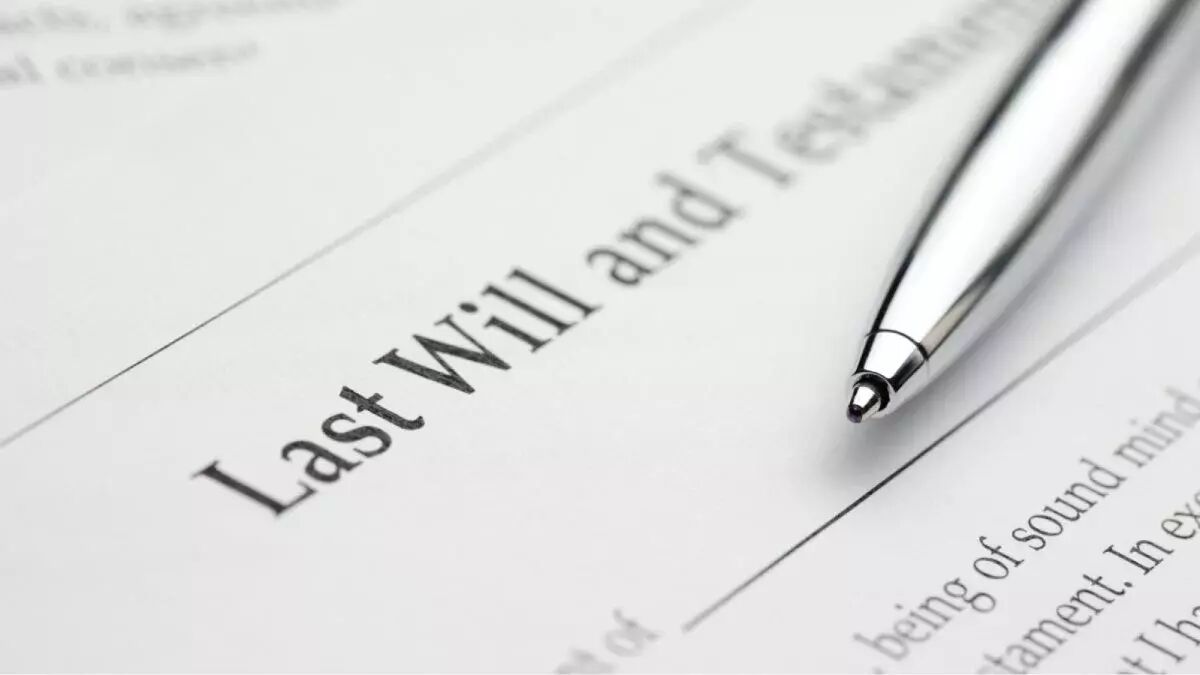Avoid the unwanted stress of a legal proceeding with the right advice
When a close friend or family member passes away it can be a very emotional time. The subject of settling an estate doesn’t always sit well with people. Family members may decide that they are owed more than what is outlined in a last will and testament. This disagreement may result in a family member challenging what they will inherit. This challenge is often referred to as an estate dispute.
Estate disputes often occur when a family member is set to inherit a smaller portion than what they expected or nothing at all. If you are a family member set to inherit a portion from the estate then any challenge to that may have a direct influence on what you inherit. The legal proceedings for an estate dispute can be stressful and time-consuming. But there are things you can do to avoid an estate dispute escalating and going to court in the first place.
Here at P&B Law we believe not every estate dispute needs to be escalated. There’s not always a need to call your local law firm in Melbourne for legal representation. Sometimes all that’s required is the right legal advice. To get you on the right track we’re covering 3 common estate disputes and how to avoid them. Contact our Estate Dispute Lawyers today for sound legal advice on wills and estates.
1. Eliminate unnecessary delays from the executor
Estate Dispute Lawyers will tell you that an important role of an estate’s executor is to obtain a grant of probate. This grant allows them to administer what’s required of the estate and divide out the assets of it. For this process, there is no legal time frame. But a common practice is for an executor to get things rolling by applying for probate within the year.
If the process of applying for a grant takes more than a year, the beneficiaries of the estate can apply to the supreme court in order to produce an order. This order from the supreme court will compel the executor to apply for probate within a set timeframe.
The solution
To avoid the issue of an order from the supreme court coming through, you as the executor should aim to obtain the grant of probate in less than a year after the deceased’s passing.
2. Deciding what to do with an estate property
It’s very common for a deceased’s estate to have property included in it. This property is usually a former family home that family members have an emotional connection to. Unfortunately, different family members who are listed as beneficiaries are likely to have different ideas on what to do with the property. Some family members may want to rent the property, sell it, or use the land for something else entirely.
With beneficiaries having different ideas on what to do with the property it can be hard for everyone to come to an agreement. This is where the matter can be taken to court. One way to avoid this scenario is to include an option in the will which gives certain beneficiaries the chance to purchase the property from the estate. If this option isn’t sufficient, a beneficiary can choose to buy the other beneficiary/ies out.
The solution
In order for a buyout to work out smoothly, all parties need to agree on the property’s value or get a professional valuer to conduct a valuation. Once the buyout amount is agreed upon, the purchase of the property can proceed. This agreement could be drafted using legal professionals like Estate Dispute Lawyers.
3. Investigating unauthorised transfers of assets
It’s common for a person drafting their own will to leave one of their children as the executor. This is usually done in faith because they trust the child to make the right decision when it comes to executing the will. But what often happens is other beneficiaries of the will (like a sibling) may suspect that unauthorised or suspicious transfers of assets have occurred over the lifetime of the deceased.
Unauthorised transfers can result in other beneficiaries getting fewer assets when the estate is divided up. What follows is a dispute over which transfers of funds and property were lawful during the deceased’s lifetime. When legal action is taken, the executor can be removed from the role they originally had as an executor.
The solution
To avoid legal action, the executor can agree to receive a smaller share of the estate while the other beneficiaries receive a larger share. This new breakdown of the inheritance ensures the remaining beneficiaries get the share they originally believe they were entitled to. This solution eliminates the need to hire Estate Dispute Lawyers for further investigation into unauthorised transfers.
Get legal advice on will estates now
It can be hard to approach an estate dispute with a level head. Emotions and relationships can get in the way of making clear and logical decisions on the matter of inheritance. When a deceased person’s estate is handled correctly, there are fewer chances of legal issues arising.
Are you concerned about any future issues arising from an estate you’re a part of? There are plenty of precautions and actions you can take to avoid disagreements and confusion among you and other beneficiaries. Talk to one of our Estate Dispute Lawyers today for great legal advice on handling your responsibilities as an executor or your rights as a beneficiary.
